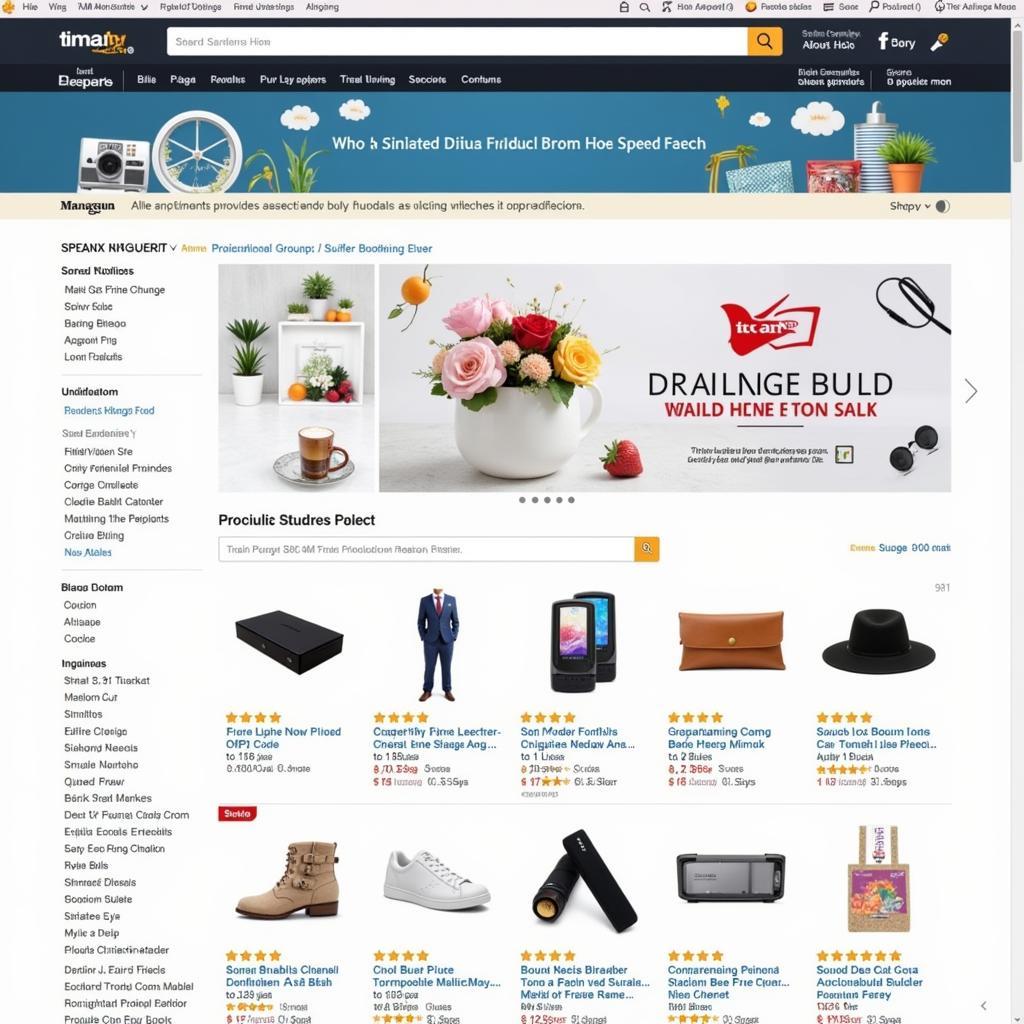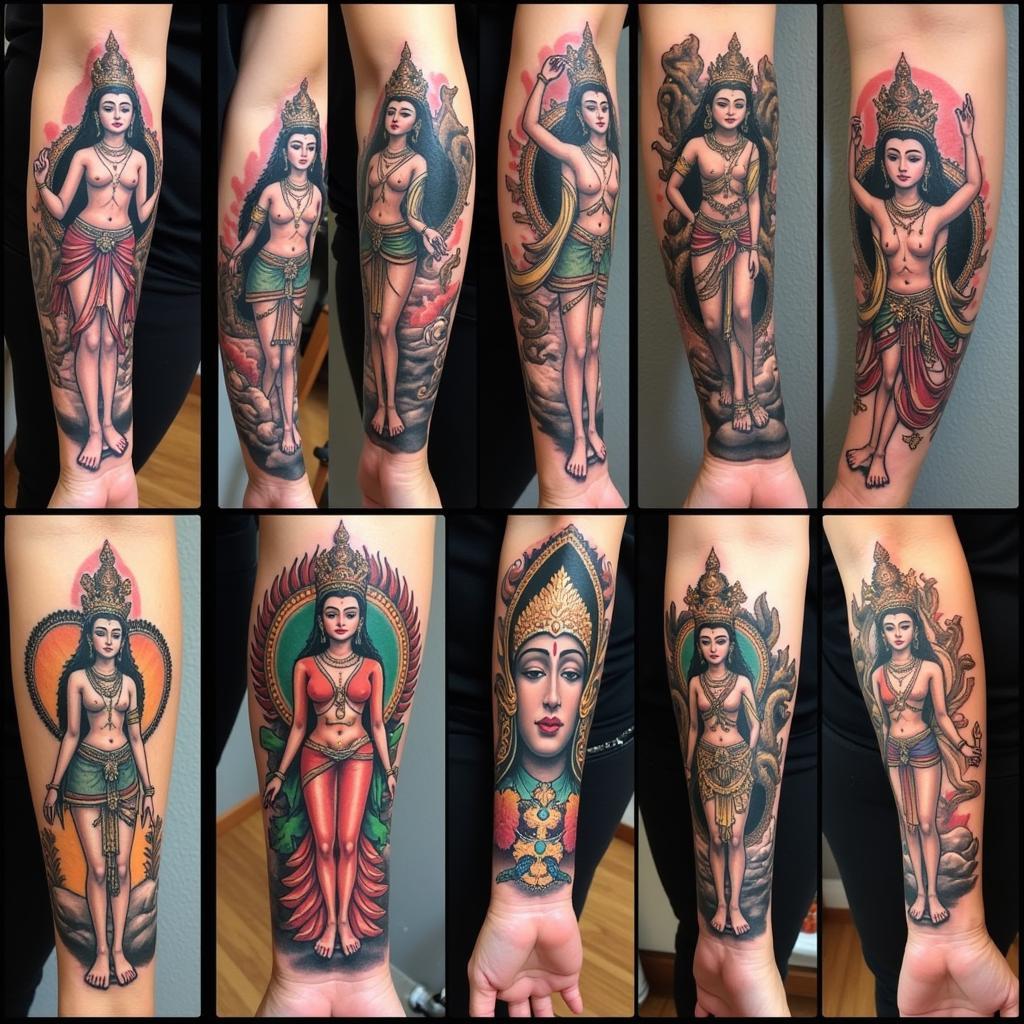Southeast Asian products have been steadily gaining global recognition, captivating consumers with their unique blend of quality, craftsmanship, and cultural significance. From the vibrant textiles of Vietnam to the intricate wood carvings of Indonesia, the region offers a diverse range of goods that reflect its rich heritage and entrepreneurial spirit. This exploration delves into the allure of Southeast Asian products, examining their growing popularity, the economic impact they generate, and the ethical considerations surrounding their production and consumption.
Unveiling the Diversity: A Glimpse into Product Categories
Southeast Asia, a melting pot of cultures and traditions, boasts an eclectic array of products that cater to diverse tastes and preferences.
-
Fashion and Textiles: The region is renowned for its vibrant textiles, often handcrafted using traditional techniques passed down through generations. Silk from Thailand, batik from Indonesia, and handwoven fabrics from Vietnam are highly sought after for their intricate designs and luxurious feel.
-
Home Decor and Handicrafts: From intricately carved wooden furniture in Indonesia to hand-painted ceramics in Vietnam, Southeast Asian artisans showcase their skills through a stunning variety of home decor items. These pieces add a touch of cultural flair and artisanal elegance to living spaces.
-
Food and Beverages: Southeast Asian cuisine is celebrated for its bold flavors and aromatic spices. Products like coffee from Vietnam, tea from Thailand, and exotic fruits from the Philippines offer a sensory journey for food enthusiasts.
-
Health and Beauty: The region is abundant in natural ingredients used for centuries in traditional medicine and beauty rituals. Products like coconut oil, turmeric, and essential oils are gaining popularity for their purported health benefits and natural properties.
The Global Appeal: Factors Driving the Popularity of Southeast Asian Products
Several factors contribute to the increasing global demand for products originating from Southeast Asia:
-
Unique Cultural Identity: Many products embody the region’s rich cultural heritage, offering consumers a tangible connection to the history, traditions, and craftsmanship of Southeast Asia. This cultural authenticity adds a distinct appeal, setting them apart from mass-produced goods.
-
Competitive Pricing: Often, Southeast Asian products offer competitive pricing compared to similar items from other parts of the world. This affordability makes them accessible to a wider range of consumers, further fueling their popularity.
-
Growing E-commerce Presence: The rise of e-commerce platforms has significantly impacted the accessibility of Southeast Asian products. Online marketplaces provide artisans and businesses in the region with a global reach, connecting them directly with consumers worldwide.
 e-commerce-platform-showcasing-southeast-asian-goods
e-commerce-platform-showcasing-southeast-asian-goods
Ethical Considerations: Navigating Sustainability and Fair Trade
As the demand for Southeast Asian products continues to rise, addressing ethical considerations becomes paramount.
-
Fair Labor Practices: Ensuring fair wages, safe working conditions, and the ethical treatment of workers involved in the production process is crucial. Supporting businesses and initiatives that prioritize fair labor practices contributes to the well-being of local communities.
-
Environmental Sustainability: Promoting sustainable sourcing of materials, minimizing waste generation, and adopting eco-friendly production methods are essential for minimizing the environmental impact associated with the manufacturing and consumption of these products.
-
Cultural Preservation: Supporting businesses that value traditional craftsmanship and cultural heritage helps preserve the artistic traditions and skills unique to Southeast Asian communities.
Investing in Authenticity: Choosing Ethical and High-Quality Products
Consumers play a vital role in promoting ethical sourcing and sustainable practices. Here are ways to make conscious choices:
-
Research and Choose Ethical Brands: Support brands and businesses transparent about their supply chains and committed to ethical sourcing and production methods.
-
Look for Fair Trade Certifications: Fair Trade certifications ensure products meet specific standards regarding fair labor practices, environmental sustainability, and community development.
-
Engage with Artisans and Businesses: Directly interacting with artisans and businesses provides insights into their production processes and values, allowing for more informed purchasing decisions.
Conclusion: Embracing the Allure of Southeast Asian Products
Southeast Asian products offer a captivating blend of cultural significance, artisanal skill, and affordability. As consumers, we have the power to shape a more ethical and sustainable industry by making informed choices that support fair labor practices, environmental responsibility, and cultural preservation. By embracing these principles, we contribute to the well-being of local communities while enjoying the unique beauty and craftsmanship of Southeast Asian products.
Frequently Asked Questions (FAQs)
1. What are some popular Southeast Asian brands known for their ethical practices?
Several brands in the region are recognized for their commitment to ethical and sustainable practices. Researching and supporting these businesses contribute to a more responsible industry.
2. How can I verify the authenticity of Southeast Asian products?
Look for certifications, engage directly with sellers, and research the product’s origin and traditional methods of production.
3. Are there online platforms dedicated to selling ethically sourced Southeast Asian products?
Yes, several online marketplaces specialize in connecting consumers with ethical businesses and artisans from the region.
4. What are some tips for caring for and maintaining Southeast Asian handicrafts?
Proper care and maintenance ensure the longevity of these handcrafted items. Research specific care instructions based on the materials and techniques used.
5. How can I support Southeast Asian artisans and businesses directly?
Consider purchasing directly from artisans or supporting organizations that empower local communities through fair trade practices.
Need Help?
For any inquiries or assistance regarding Southeast Asian products, feel free to reach out to us:
Phone: +84 369 020 373
Email: [email protected]
Address: Ngoc Lien Village, Hiep Hoa, Bac Giang, Vietnam.
Our dedicated customer support team is available 24/7 to assist you.
